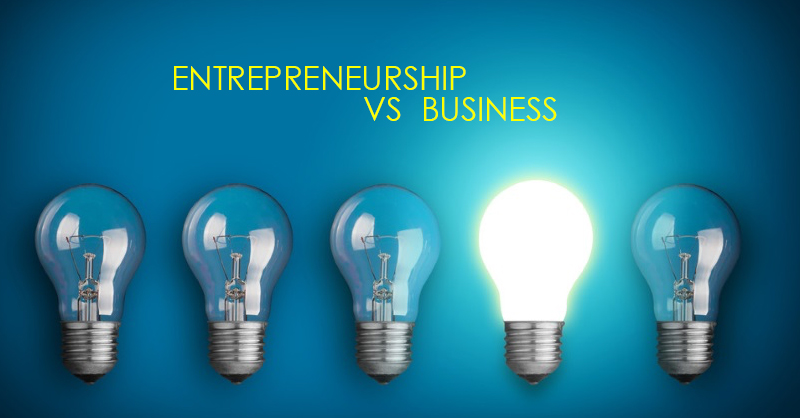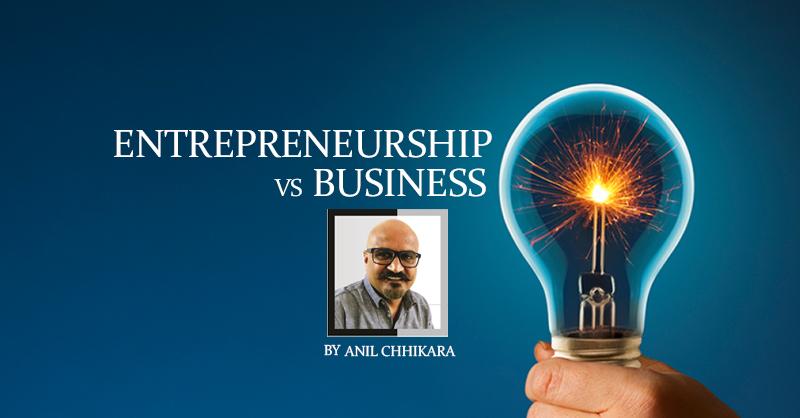Why Different Is Good -Get Unique, Get Ahead
The Career choices and goals of our youth are on a rapid change and one of the interesting developments that the recent times have seen is the emergence of “Start Up” Culture. But how is a Start up different from your usual businesses? What defines a Start-up and makes it different from any other regular Business? Watch as Anil Chhikara, an Entrepreneur at Heart and the Judge of India’s first startup reality TV show answers these burning questions in our first video of the six Part Video Series that focusses on Entrepreneurship for Students and its various facets
It’s Good To Be Different-Entrepreneurship Or Business
Startups are becoming the latest trend amongst the “Fast Food Generation”, their busy minds buzzing with thoughts and dreams ever since their college days. Does setting up a startup make you an entrepreneur or a businessman? Rather than being called a “businessman”, one might prefer the term “entrepreneur” which colloquially denotes a visionary behind a startup. But fads aside, how well do we understand the difference between a Startup and a Regular Business? This article scrutinizes the difference between Entrepreneurship and Business.
 If a startup is what you’re after, then some key points to note are – Differentiation, Scalability, and Attraction for investors.
If a startup is what you’re after, then some key points to note are – Differentiation, Scalability, and Attraction for investors.
Taking a risk to start a business for the end goal of making profits- whether they are through the sale of products and services or sale of the business itself, is entrepreneurship. A startup in itself is a risky proposition as no one would have tried it before the way you would and would be difficult if not impossible to replicate. An essential point to note is, that if it’s something which may be different from the regular but not standout unique, it gets categorized as a regular business. A regular business is something that will make you money but might not have any uniqueness about it.
For instance, if you were to decide to open a Momo joint in your locality which may not have one, you would be starting a business. But what could make it a startup is if you offer a unique combination that only you are offering then it could be classified as a startup. An entrepreneur’s business is a startup if it’s very difficult to replicate and creates, what is called in the industry jargon, an entry barrier. This jargon, simplified, means setting up a business which is so differentiated and difficult to imitate that you minimize the chances of direct competition entering the market, hence creating a barrier.

The Success Factor
Unique ideas aren’t hard to come by. But what becomes important to get into entrepreneurship is money.
Monetization of ideas and scope of scalability without exponentially increasing the manpower or basic tech involved is what sets apart a project from an idea. You would garner the interest of professional investors sufficiently if your startup is scalable without you necessarily being there, and with a marginal expansion of the workforce or tech which doesn’t disrupt the desired profit margins. If your product or service requires you to be constantly present at the core to remain operational then you may be setting yourself up for merely a short-term success and not something that can exponentially grow and thus investors may not be willing to put in their money with such a feeble backbone to the entire setup. Another important point to note is would your business be adaptable to change to keep it unique with the changing times as more competition crops up and is it defensible.
Having said that, a business which offers products that might grant the investors the license of use rather than time, the latter being which services would go after, ends up becoming more viable and hence becomes imperative to being a successful startup.

